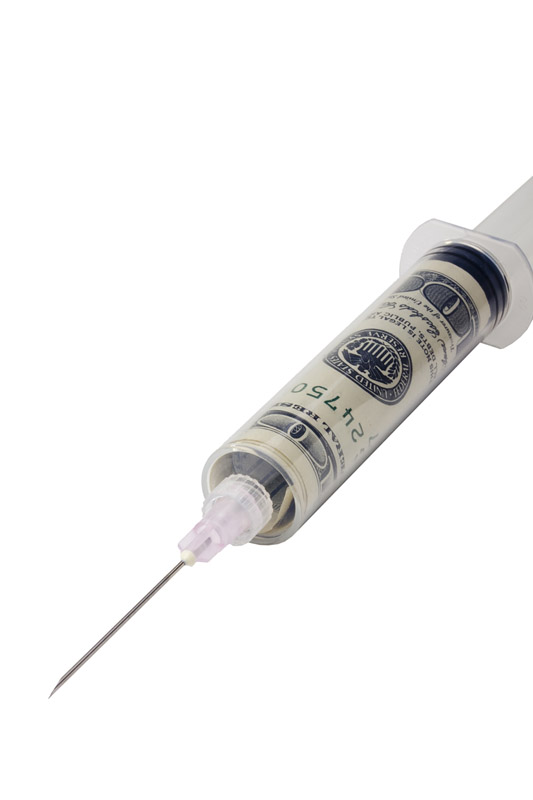Winners & Losers Amid CMS’ Prescription Drug Policy Changes

CMS issued a proposed rule Nov. 26 that would allow insurers to implement broader use of step therapies or drop coverage of certain protected classes of drugs if price increases outpace inflation. Below is a breakdown of the winners and losers under the proposed rule changes.
Patients Paid to Choose Less Expensive Prescription Drugs

UnitedHealthcare introduced a new program Oct. 29 that incentivizes members to choose less expensive prescription drugs.
Medicare Advantage Organizations Overturned 75% of Their Denials

A recent investigation by the U.S. Office of Inspector General found between 2014 and 2016, Medicare Advantage organizations overturned 75 percent of their preauthorization and payment denials upon appeal.
Drug Prices Soar After Shortages

Amid a shortage, drug prices increase at roughly twice their usual rate, suggesting that pharma companies may be exploiting drug shortages to increase profits, according to a new study published in the Annals of Internal Medicine.
Drug-Pricing Report: Wells Fargo Reports Rise in Price of 60 Drugs

Drugmakers increased the price of 60 products August — a sharp decline from July, which saw 110 price increases, according to a Wells Fargo drug-pricing report.
Security Holes in Medicaid Security Program Risks Patient Data

Maryland did not adequately follow federal requirements to secure its Medicaid data and information systems, according to an HHS Office of Inspector General report.
Most Consumers Would Prepay For Prescriptions For A Discount

Sixty-four percent of consumers reported that they would jump on an opportunity to prepay for medications to receive a discounted price, according to a survey from DrFirst, a provider of e-prescribing and patient medication management solutions.
Medicare Hospice Program Vulnerable

The Medicare hospice program is valuable to beneficiaries at the end of life, but it’s also vulnerable to fraud and poor care, according to a recent report from HHS’ Office of Inspector General. The report examined vulnerabilities of the program and provided recommendations for combating them.
Study: 60% of America’s Seniors Are Avoiding Healthcare Costs

The Medicare Advantage program continues to grow in popularity with both consumers and health plans.
At least one-third of seniors are estimated to be in an MA plan rather than fee-for-service Medicare. As baby boomers retire in large numbers, health plans are competing to capture the Medicare Advantage market.
Why Prescription Drug Price Transparency Matters

The Medicare Advantage program continues to grow in popularity with both consumers and health plans.
At least one-third of seniors are estimated to be in an MA plan rather than fee-for-service Medicare. As baby boomers retire in large numbers, health plans are competing to capture the Medicare Advantage market.
